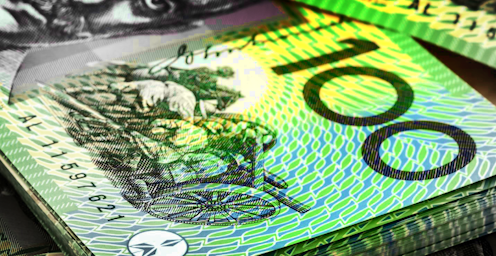Super has become a taxpayer-funded inheritance scheme for the rich. Here's how to fix it – and save billions
- Written by Joey Moloney, Senior Associate, Grattan Institute

Australia’s A$3.3 trillion superannuation system is supposed to boost people’s retirement incomes. The government says as much in its proposed leglislated objective[1] for superannuation. The system is supported by billions of dollars of tax breaks each year, ostensibly to that end.
But there’s just one problem – increasingly, much of what is saved is never spent.
Our new report, Super savings: Practical policies for fairer superannuation and a stronger budget[2], points out that without an overhaul, super tax breaks are set to do little more than boost the inheritances of Australians with well-off parents.
Super contributions and super earnings are both taxed more lightly than other income. These tax breaks cost the budget about $45 billion (2% of Australia’s gross domestic product, or GDP) each year.
Treasury predicts that figure will hit 3% of GDP by 2060, and that the cost of super tax breaks will overtake the cost of the age pension by as soon as 2036.














